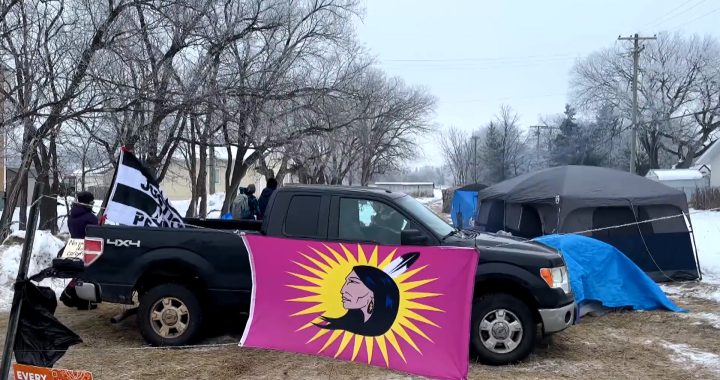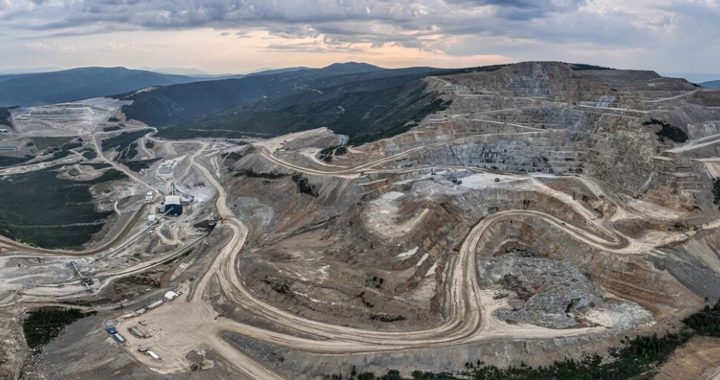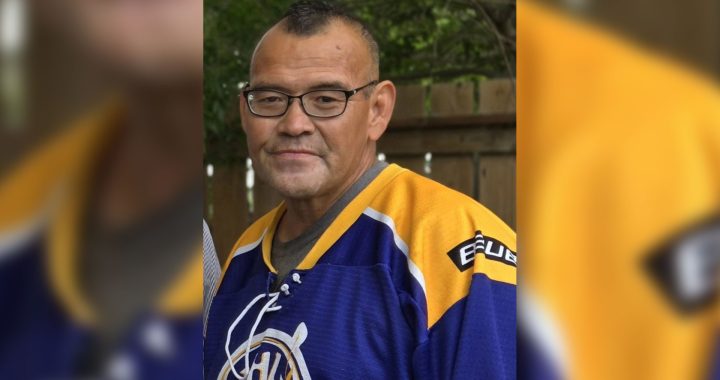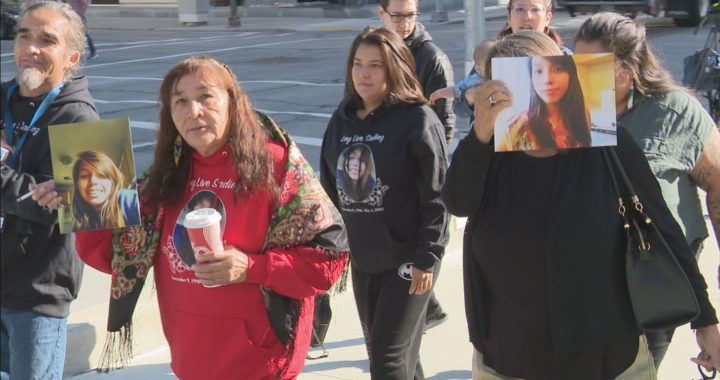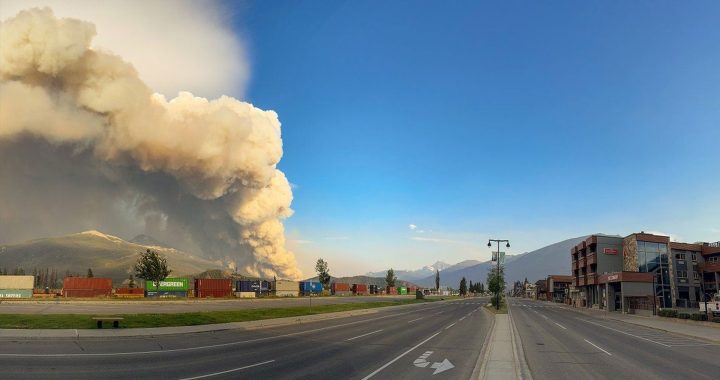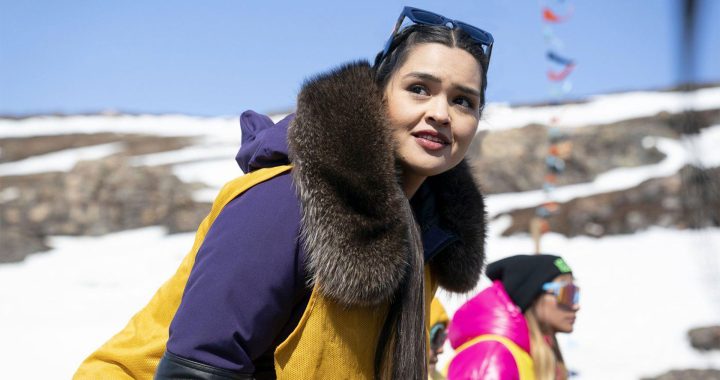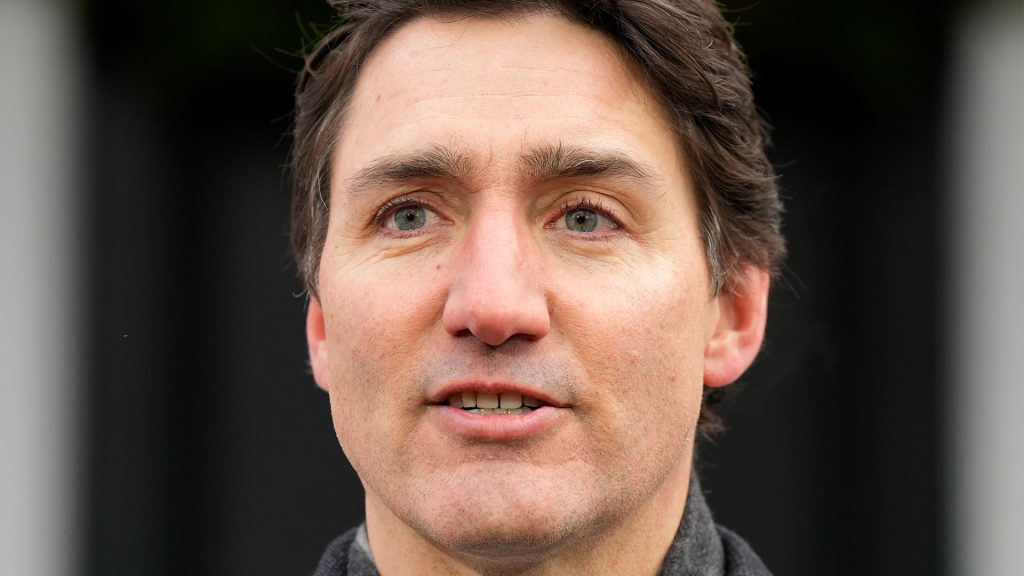
Prime Minister Justin Trudeau makes an announcement outside Rideau Cottage in Ottawa on Monday. Photo: Adrian Wyld/The Canadian Press.
Prime Minister Justin Trudeau addressed the media this morning from his residence in Ottawa to announce that he will step down as Liberal leader once his party selects a replacement.
Trudeau says his plan to prorogue Parliament and step aside as Liberal leader will reset the gridlocked House of Commons and lower the polarization people see in the House of Commons and general society.
Trudeau says when the House of Commons sits again, the government will likely face a fresh confidence vote.
He says the rules for a Liberal leadership process to replace him will be made clear over the coming weeks and the government will continue working for Canadians and protect their interests in the interim.
Here’s a quick look at the Trudeau government since 2015:
October 19 2015 – Trudeau is elected
November 4, 2015: Justin Trudeau appoints Jody Wilson-Raybould as Minister of Justice and Attorney General of Canada, the first Indigenous person to hold this position.
December 8, 2015: Trudeau addresses the Assembly of First Nations, pledging a renewed nation-to-nation relationship based on recognition of rights, respect, cooperation, and partnership. He makes the statement : “In their mandate letters I told government ministers that no relationship is more important to me and to Canada than the one with First Nations, the Métis nation, and Inuit peoples. Let me say it once again. I give you my word that we will renew and respect that relationship,” to cheers and applause.
December 15, 2015: The Truth and Reconciliation Commission (TRC) releases its final report. Trudeau commits to implementing all 94 Calls to Action.
December 30, 2015: Indigenous Affairs Minister Carolyn Bennett reaffirms the Trudeau government’s commitment to ensure safe drinking water for all First Nations within five years.
January 26, 2016: The Canadian Human Rights Tribunal rules that Canada discriminates against First Nations children under the on reserve child welfare system and Jordan’s Principle. The case has been ongoing since February 2007. The Liberals will fight against the ruling in federal court.
March 22, 2016: In its first federal budget, the Trudeau government allocated approximately $8.4 billion over five years to Indigenous communities.
March 22, 2016: On World Water Day, Trudeau commits approximately $4.6 billion over five years to improve infrastructure, including water and wastewater systems, in Indigenous communities across Canada.
April 2016: Prime Minister Trudeau visits Shoal Lake #40 First Nation, a community that had been under a boil water advisory for nearly two decades, as part of a VICE Canada documentary titled “Cut-Off.”
June 3, 2016: Trudeau participates in a one-on-one interview with APTN National News, marking the first time a sitting Prime Minister is interviewed by the network, and Indigenous media.
August 28, 2017: Trudeau announces the dissolution of Indigenous and Northern Affairs Canada (INAC) and creates two new departments: Crown-Indigenous Relations and Northern Affairs Canada and Indigenous Services Canada. This restructuring aims to promote self-determination for Indigenous peoples. The announcement catches Indigenous leaders by surprise.
February 14, 2018: Trudeau announces the development of a new legal framework to recognize and implement Indigenous rights, aiming to strengthen Crown-Indigenous relations. While Minister Jody Wilson-Raybould as minister supports it, the framework meets with suspicion among some chiefs, and becomes a source of controversy at the Assembly of First Nations elections in July 2018.
March 19, 2019: The Trudeau government’s 4th federal budget announces its commitment to forgive outstanding loans for First Nations land claim negotiations totaling $1.4 billion. It was one of 24 measures for Indigenous peoples, totaling approximately $4.7 billion
June 21, 2019: The Indigenous Languages Act receives Royal Assent, aiming to support the revitalization of Indigenous languages.
June 3, 2019: The National Inquiry into Missing and Murdered Indigenous Women and Girls (MMIWG) releases its final report, labeling the violence as a “Canadian genocide.” Trudeau acknowledges the report and commits to a national action plan.
June 21, 2019: The Indigenous Languages Act receives Royal Assent, meaning it’s passed into law. The law creates the Commissioner of Indigenous Languages.
September 6, 2019: The Canadian Human Rights Tribunal orders the federal government to compensate First Nations children removed under discriminatory child welfare practices and for those who were refused Jordan’s Principle money.
October 4, 2019: The Trudeau government announces plans to appeal the CHRT’s compensation order.
January 14, 2019: Jody Wilson-Raybould is shuffled out of her role as Minister of Justice and reassigned as Minister of Veterans Affairs.
September 29, 2021: The Federal Court upholds the CHRT’s decision mandating compensation for First Nations children harmed by discriminatory child welfare practices and Jordan’s Principle.
September 30, 2021: The first National Day for Truth and Reconciliation is observed. Controversy arises when Trudeau is found vacationing in Tofino, British Columbia, instead of attending official events.
December 31, 2021: The government announces a $40 billion agreement-in-principle to compensate First Nations children and families and reform the child welfare system. Jordan’s Principle will be negotiated in 2025.
April 5, 2023: A revised $23 billion settlement agreement is reached to compensate those harmed by discriminatory funding of the First Nations Child and Family Services program.
July 27, 2023: The CHRT approves the $23 billion settlement, marking a historic moment in addressing child welfare issues.
December 11, 2023: Bill C-61 – An Act respecting water, source water, drinking water, wastewater and related infrastructure on First Nation lands was introduced in Parliament. With the prorogation of Parliament, the bill is on hold.
January 18, 2024: After decades of negotiating, the Trudeau government signs a Devolution Agreement with Nunavut meaning the territory will control its natural resources.
April 2024, The government committed a total of approximately $9 billion over five years for Indigenous initiatives, with $2.9 billion identified for the fiscal year 2024–25
November 23, 2024: The federal government apologizes and provides $45 million in compensation to Nunavik Inuit for the historic sled dog killings.
Trudeau says his government will be squarely focused on fighting tariffs threatened by U.S. president-elect Donald Trump, saying it’s in the best interests of everyone in the country that the government take that threat seriously.
He says if he has one regret about his time in office it’s that he did not change the electoral rules when he had the chance.
Trudeau says if those changes were implemented, people would look for things they have in common instead of trying to “polarize and divide Canadians,” but that his party could not unilaterally change the system.
Trudeau was asked by reporters if his decision in December to remove Chrystia Freeland as finance minister and her subsequent resignation was the catalyst for his departure.
He says Freeland has been by his side for nearly 10 years, calling her an “incredible political partner” who he hoped would have agreed to continue serving in his government.
Before Trudeau began speaking to reporters this morning, his prepared speech blew away in the wind.
Trudeau says he intends to resign as party leader and prime minister after his party elects a new leader.
He says Gov. Gen. Mary Simon granted his request to prorogue Parliament, saying the House of Commons will not sit until March 24.
Trudeau says he came to the decision to resign after speaking with his family over the holidays, and that part of the reason was so Canadians have a “real choice” in the next election.
Citing “internal battles” within his caucus, Trudeau says he is not the best option for that race, despite being a “fighter” who is driven by his love for Canada and his desire to serve Canadians.
With files from the Canadian Press




